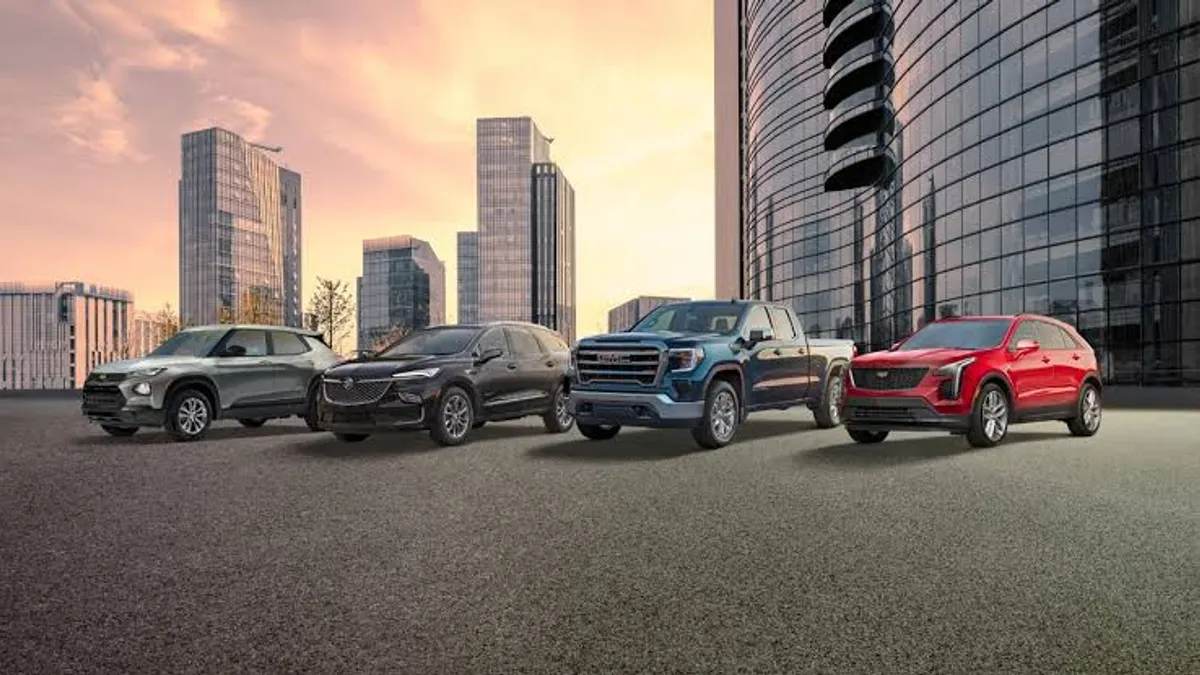In 2023, a record 1.2 million electric vehicles were sold in the U.S., accounting for 7.6% of the country’s vehicle market. As the automotive industry continues its electrification journey, dealers find themselves at a pivotal juncture. Dealerships must adapt to the evolving landscape to stay ahead of the curve. This shift brings about significant implications, particularly for a dealership’s fixed operations, driving needs for proactive strategies to ensure sustainable success.
Enhanced Service Department Operations
The rise of EVs translates to a surge in demand for repairs and maintenance within dealership service departments. While EVs boast fewer moving parts compared to internal-combustion-engine vehicles, the complexity and cost of these components can be substantial. A global study revealed that EV repair costs are on average 29% higher than ICE repair costs, and EV parts costs are 48% higher on average. Dealerships not only need to prepare to manage the influx of EV repairs, but also prioritize operational excellence within their service departments. This includes investing in specialized training for technicians, procuring necessary equipment and streamlining workflow processes to ensure timely and high-quality service delivery.
Rising Importance of Safety Recalls
Safety recalls have become increasingly prevalent in recent years. From 2012 through 2022, the average number of car recalls each year jumped 46% when compared with the average over the preceding 10 years. And that trend is only expected to increase with EVs. A 2023 JD Power report showed EVs have more recalls and lower initial quality than the ICE vehicles they’re replacing. As EV technology evolves, manufacturers may discover issues that warrant safety recalls, placing the onus on dealerships to address these issues promptly with the end consumer. Warranties will increasingly cover major safety recalls, requiring dealerships to maintain rigorous protocols for identifying, addressing and communicating recall-related issues to customers. Proactive management of safety recalls not only safeguards consumer trust but also reinforces the dealership’s commitment to vehicle safety and reliability.
Optimizing Warranty Revenue and Profitability
As EV ownership expands, warranties will play an increasingly pivotal role in dealership streams. Given the lack of experience with owning an EV, consumers may find more confidence in purchasing their first EV when they know their warranty options, particularly around areas of high consumer concern such as batteries. Dealerships must capitalize on warranty opportunities by optimizing revenue and profitability. This entails leveraging data analytics to identify warranty trends, improve the speed and cost of claims processing and minimize warranty-related expenses through efficient service operations. By maximizing warranty revenue potential, dealerships can bolster financial stability and enhance overall profitability amid the transition to electrification.
Fostering Customer Relations and Loyalty
Warranties emerge as a crucial touchpoint for cultivating customer relations and fostering brand loyalty in the age of electrification. Since it appears that warranty service will rise and customer-pay opportunities may decline, dealers need to be prepared for this shift. As EV ownership becomes mainstream, dealerships have a unique opportunity to engage with customers through warranty offerings. By delivering exceptional warranty service experiences, dealerships can nurture long-term relationships with customers, instill confidence in the brand and drive repeat business. Effective management of warranty not only enhances customer satisfaction but also serves as a powerful retention tool, securing a competitive edge in the evolving automotive landscape.
The transition to electrification presents many implications for dealerships. In fixed ops particularly, dealerships can position themselves for success by proactively addressing the evolving needs of the customer. From optimizing service department operations to leveraging warranties for customer retention, dealerships that embrace electrification and lean into these changes will have an opportunity for innovation, growth and sustained success.
Jim Roche (pictured, left) is founder and CEO of WarrCloud, a cloud-based warranty processing platform.
About the Author
Jim Roche is founder and CEO of WarrCloud, a technology and service solution that transforms automotive warranty processing to enhance dealership service department profits.




















